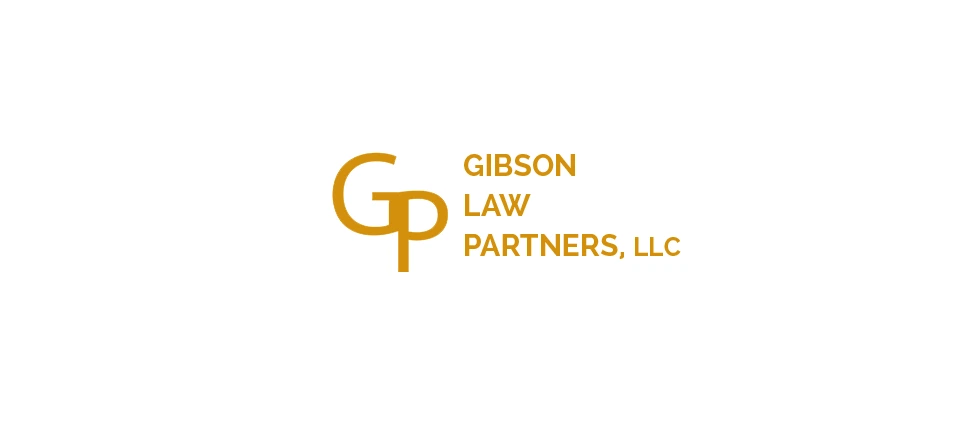What is the litigation landscape for artificial intelligence?

ChatGPT burst onto the public scene just recently, but it has already garnered significant attention. The artificial intelligence (AI) chatbot is just one of many AIs that can create written content, computer code and even images based on a short series of user prompts.
These AIs develop their ability to create things based on exposure to millions of documents, strings of code, photographs and other data that was created by humans. The AI analyzes all of the data it is exposed to and learns how to create similar outputs.
This has created significant controversy. Are AIs scraping content from the web and recreating it? Probably yes, according to a recent story on CNBC.com. There have been documented instances in which ChatGPT seems to have followed copyrighted websites and Wikipedia very closely, among other evidence of scraping.
Furthermore, if an AI does merely parrot what it has been exposed to, does that violate the copyright of the original content creators? If so, what remedy might be available? And, can AI-generated material be copyrighted or patented?
These are among the many AI-related issues in the legal landscape, such as:
What if AIs are, in fact, scraping copyrighted data to train on?
Stability AI’s Stable Diffusion is a photo bot that can create realistic images from text prompts. You enter a short description of what the AI-generated photo ought to look like and the AI generates it.
Getty Images, which licenses photos, alleges that Stability AI trained Stable Diffusion using approximately 12 million of its copyrighted images. It did so with no permission or compensation to the photographers. Getty alleges that, therefore, all of the images created by Stable Diffusion are derivative of Getty’s copyrighted materials.
As proof that Stability AI used Getty’s images to train Stable Diffusion, Getty points out that some of the AI-generated images contain remnants of Getty’s copyright badge.
There are similar lawsuits in the works claiming that various AIs have been trained on copyrighted materials without notice or permission. Is ChatGPT merely regurgitating information it garnered from copyrighted materials like websites?
If it were shown that AI companies used copyrighted materials to train their AIs, what should be the remedy? Is Getty right that the AI’s entire catalog might be derivative?
Privacy concerns for businesses
In some cases, AIs are being trained using internal business data. This is so they can more accurately produce similar data for the client business. However, it may not be clear what happens to internal data once the AI analyzes it. Is that data still restricted from the public? Does the AI discard it once analyzed, or could it use your proprietary data to benefit competitors that use the same AI?
Before you use an AI to analyze any non-public data, be certain you fully understand what happens to that data when your task is complete.
Can AI-generated work be copyrighted?
The U.S. Copyright Office issued a statement of policy earlier this year in which it stated that only human beings can author copyrightable works. If an artificial intelligence is the main creator of a work, that work is not copyrightable. In works that are of mixed authorship, the agency says, it will be a question of whether the human or the AI was more responsible for the content.
As for patent protection, the U.S. Patent and Trademark Office is currently seeking comments from the public and stakeholders.
It’s the lawless West out there in many respects. AI promises profound changes to the law in the upcoming months and years.

